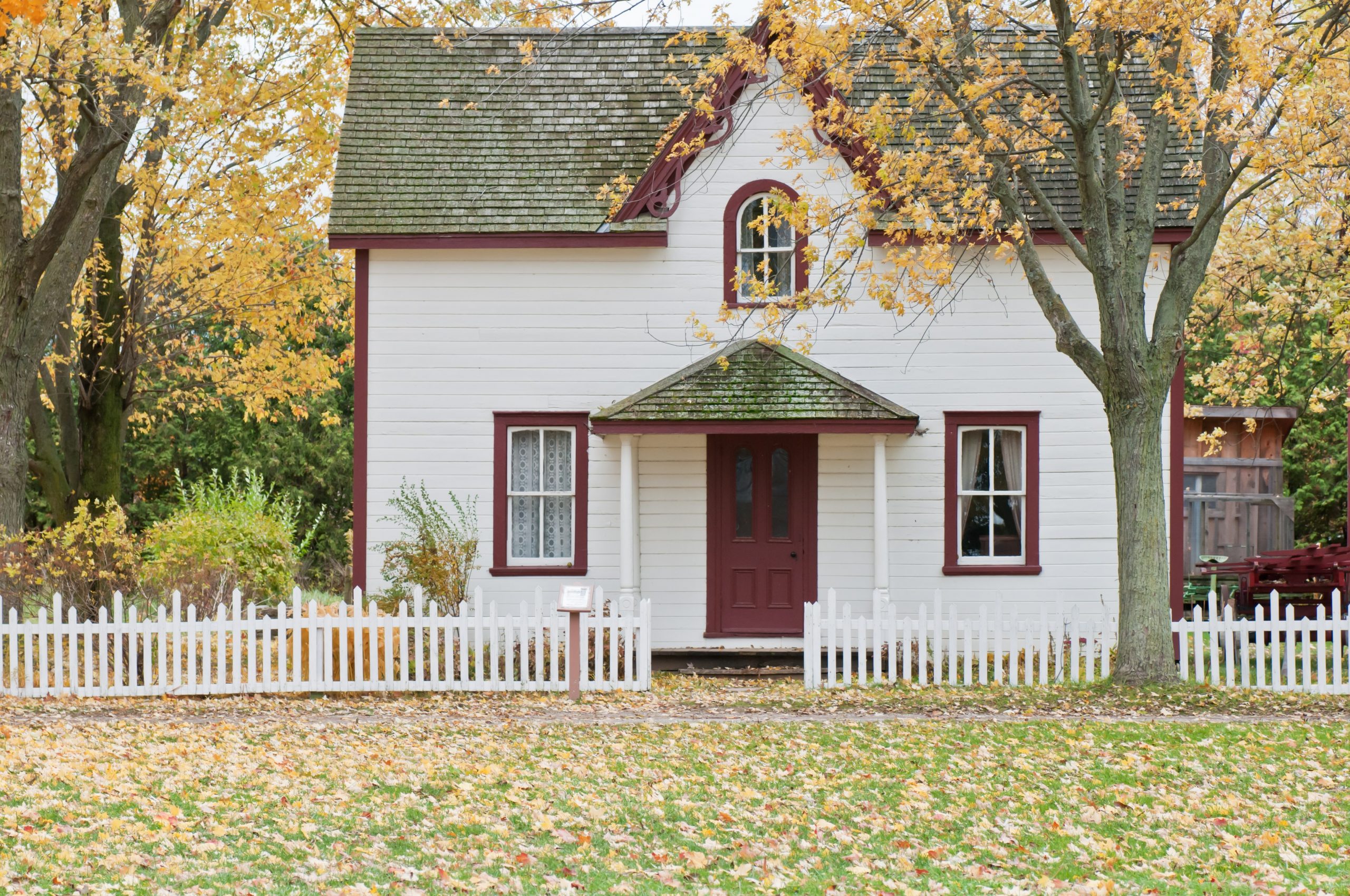 Part of the American Dream is homeownership, and for first-time homebuyers, the thought of buying your first home is sure exciting and it’s easy to get swept up in the excitement. However, it also comes with certain hesitation and worries that pose potential mistakes and misunderstandings as you go through the buying process.
Here are a few common mistakes that happen when buying your first home and tips from the pros on how to avoid them.
Part of the American Dream is homeownership, and for first-time homebuyers, the thought of buying your first home is sure exciting and it’s easy to get swept up in the excitement. However, it also comes with certain hesitation and worries that pose potential mistakes and misunderstandings as you go through the buying process.
Here are a few common mistakes that happen when buying your first home and tips from the pros on how to avoid them.

First Time Home Buyer Mistakes To Avoid
By Mclain Properties Sunday, February 20, 2022
 Part of the American Dream is homeownership, and for first-time homebuyers, the thought of buying your first home is sure exciting and it’s easy to get swept up in the excitement. However, it also comes with certain hesitation and worries that pose potential mistakes and misunderstandings as you go through the buying process.
Here are a few common mistakes that happen when buying your first home and tips from the pros on how to avoid them.
Part of the American Dream is homeownership, and for first-time homebuyers, the thought of buying your first home is sure exciting and it’s easy to get swept up in the excitement. However, it also comes with certain hesitation and worries that pose potential mistakes and misunderstandings as you go through the buying process.
Here are a few common mistakes that happen when buying your first home and tips from the pros on how to avoid them.





